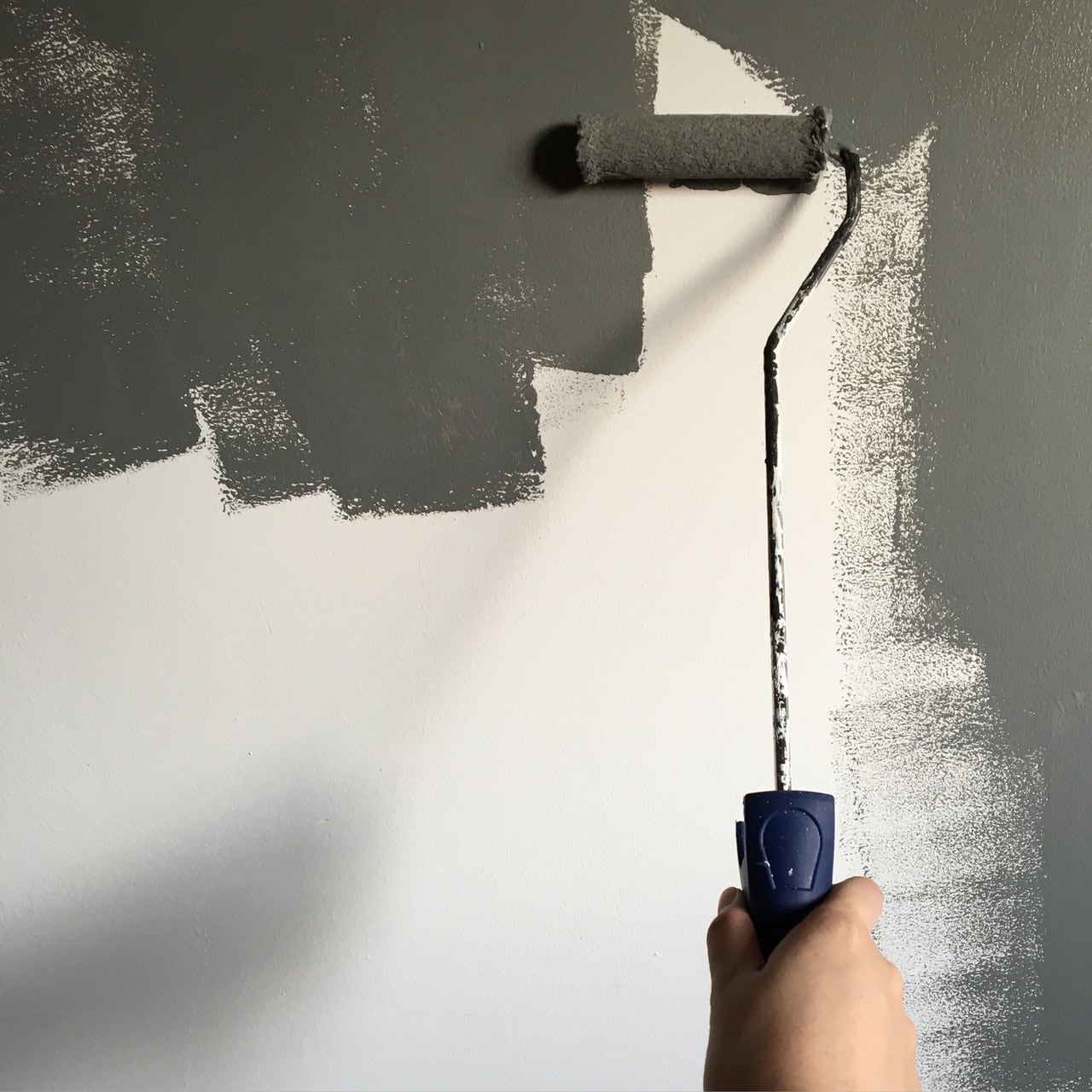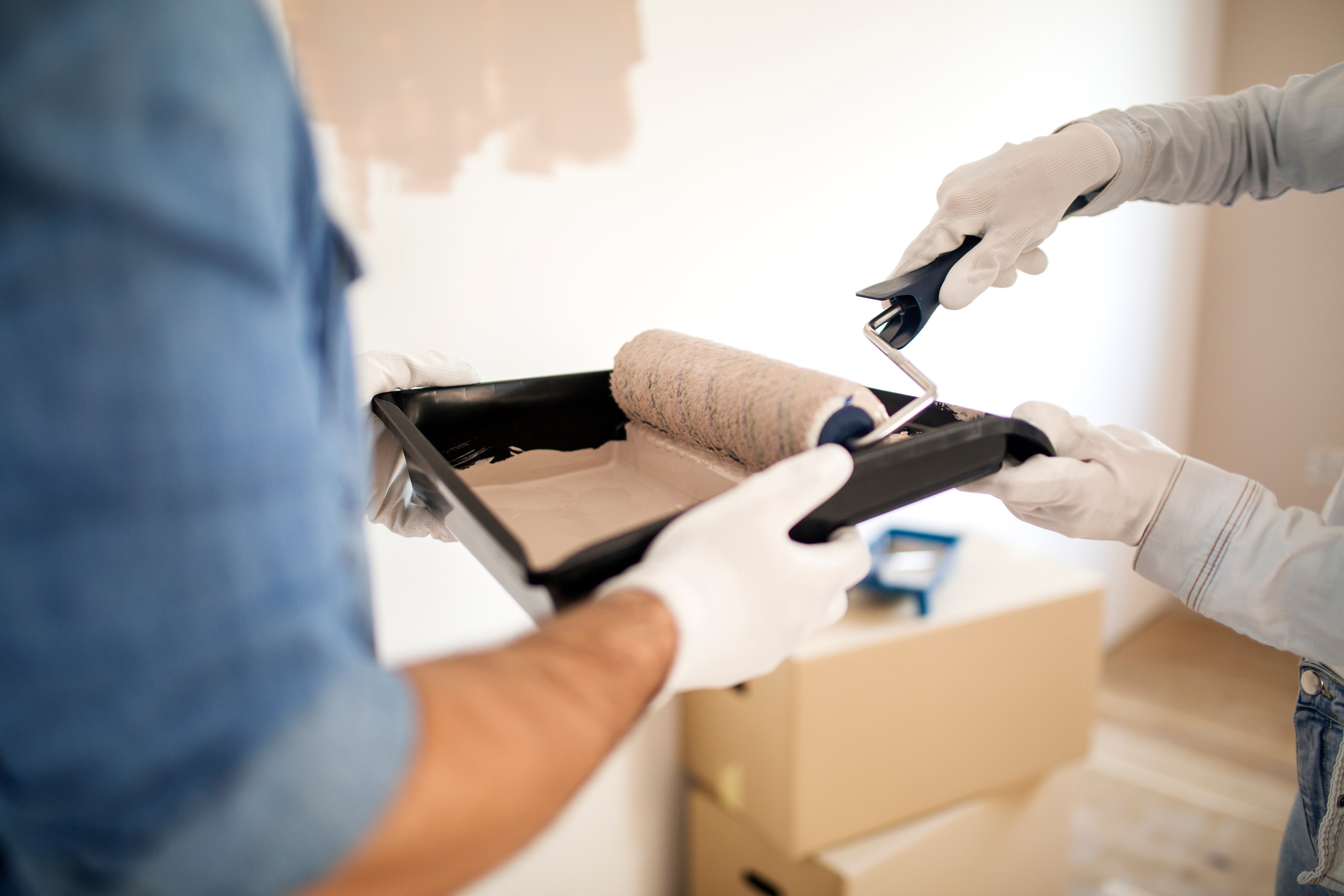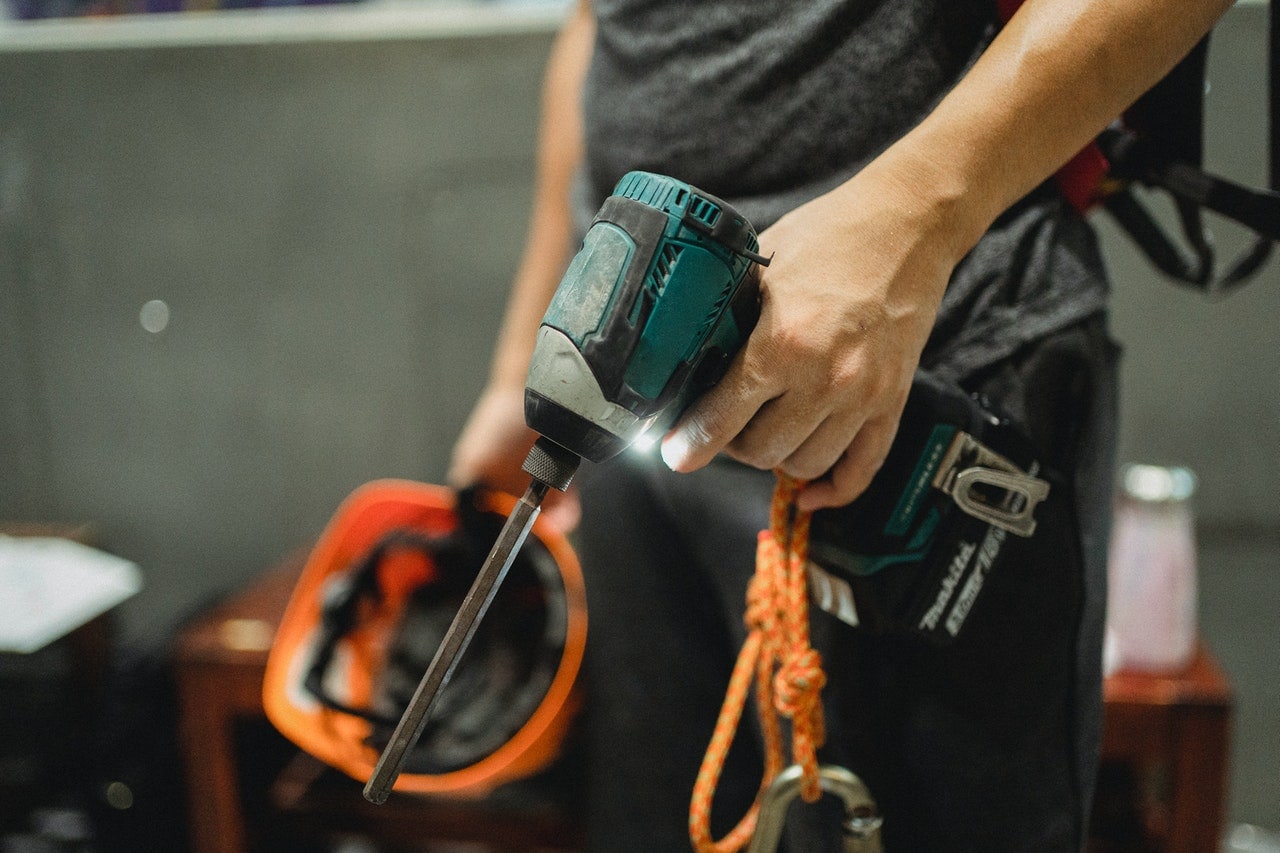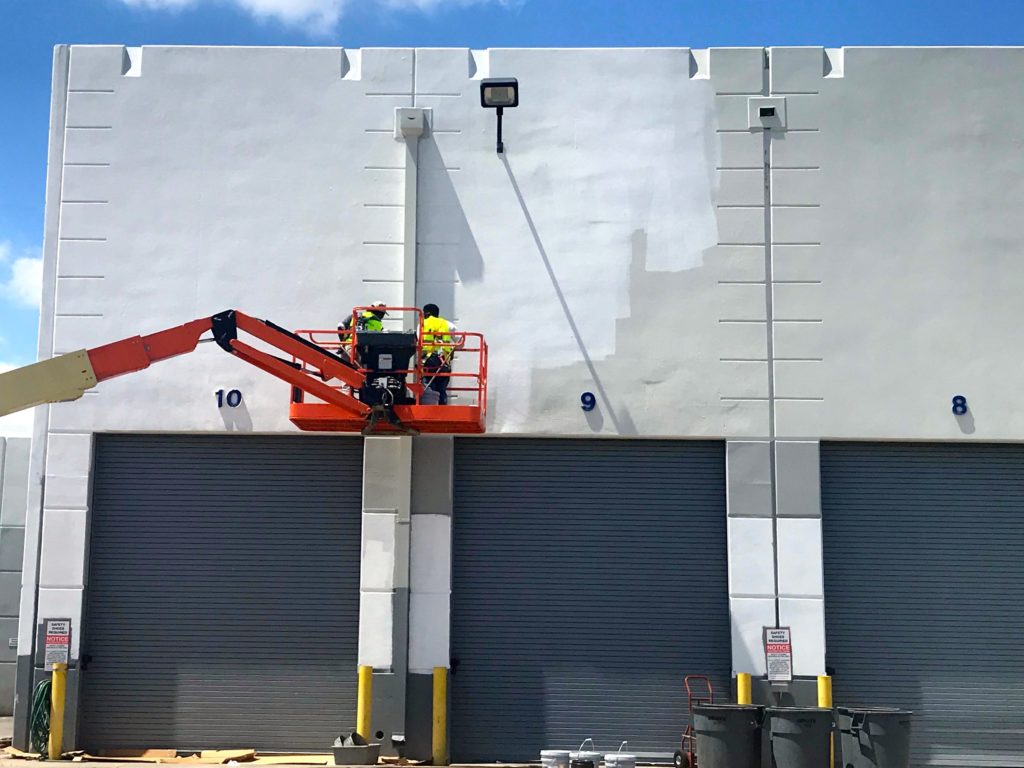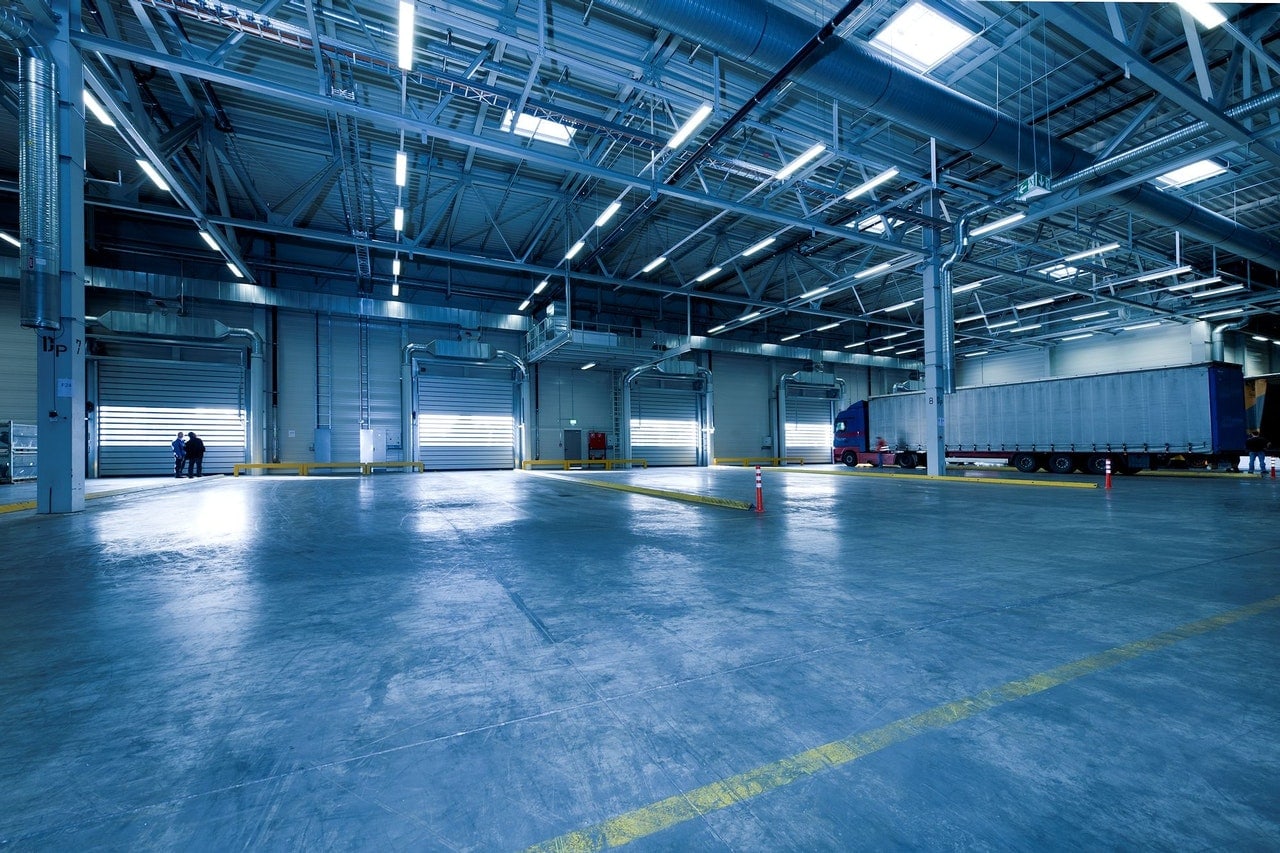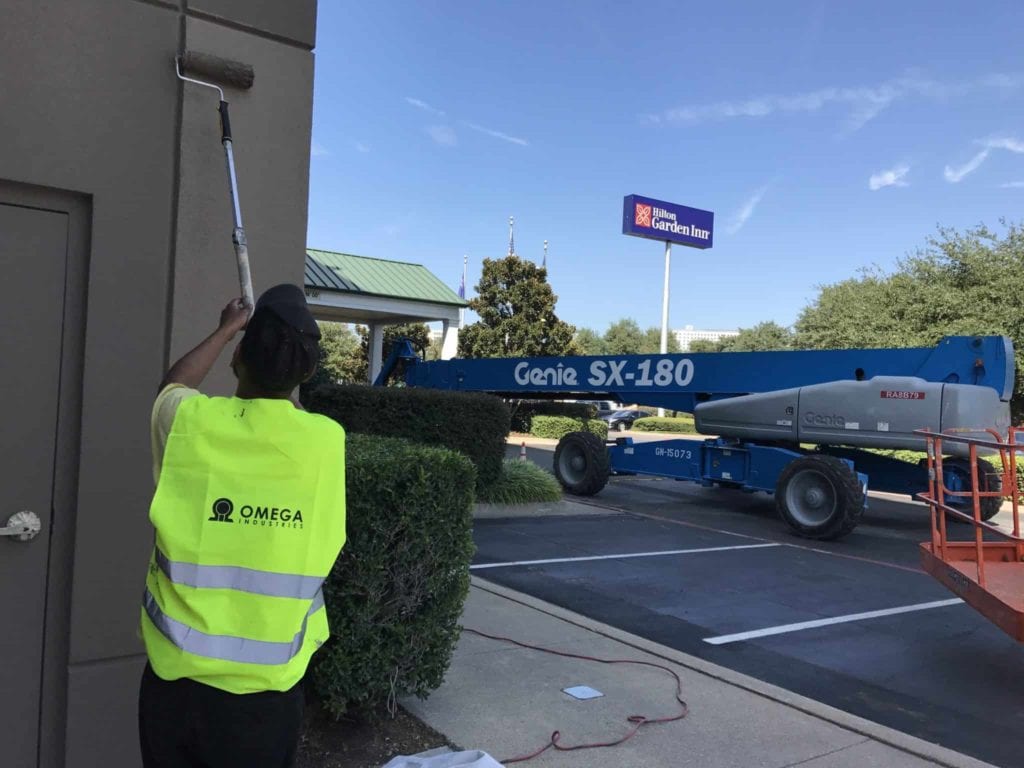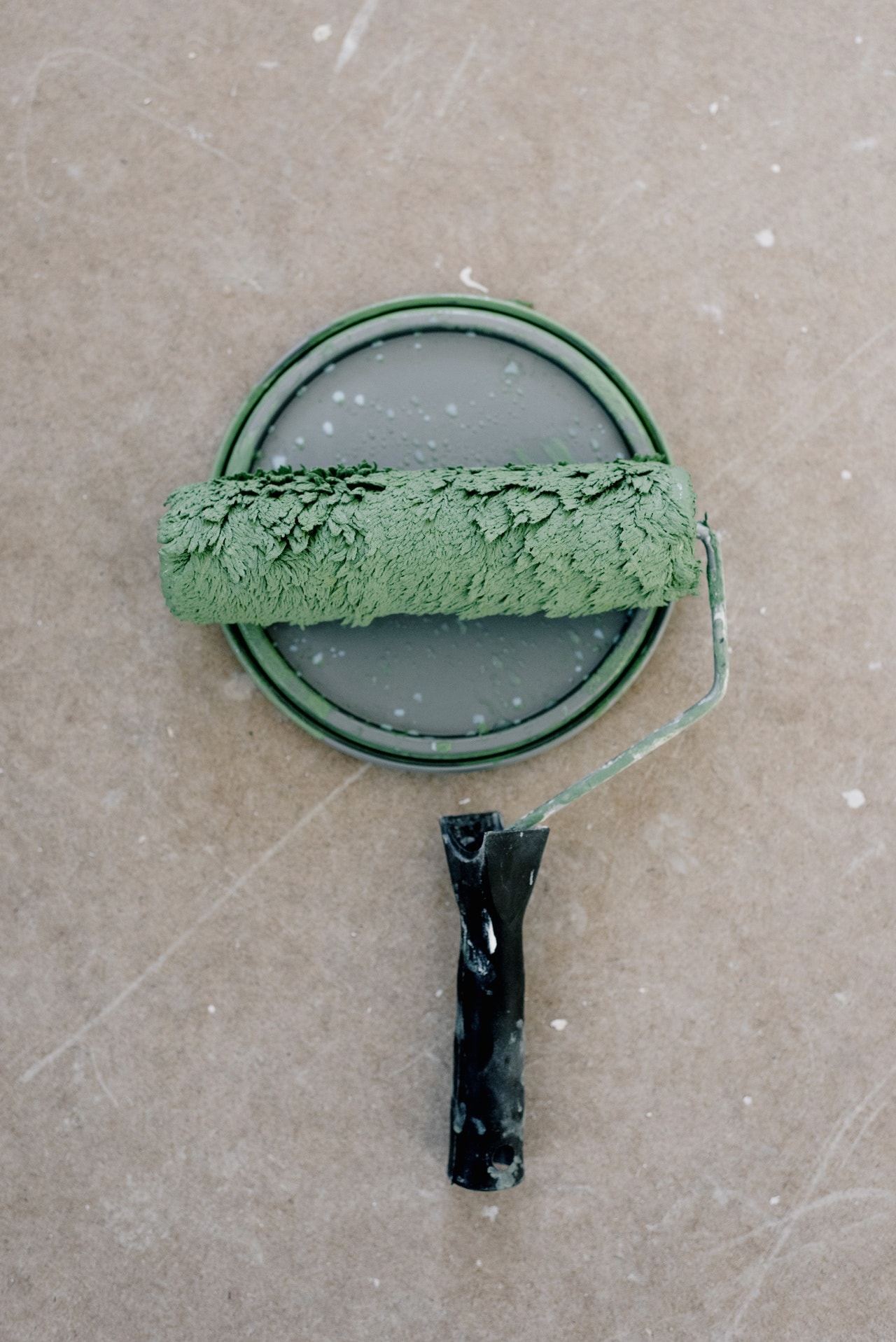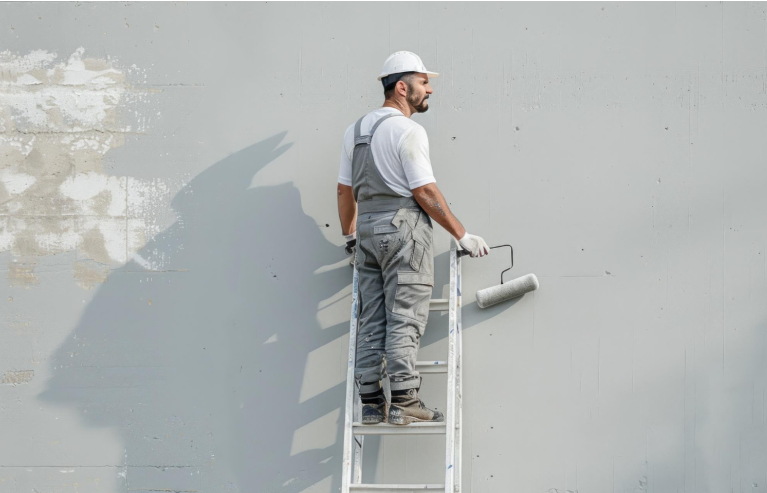What is Paint Primer?
Paint primer is a product that is applied much like the paint you have chosen. The primer provides many helpful services to the overall paint job and should be included in all applications of paint, particularly for the exterior of buildings. Paint primers come in many formulas, and your painting team should be using the right formula to match the paint you have chosen.
Paint primer makes your paint job last longer and helps improve the overall application of your paint. There is truly no reason you should ever paint any surface without applying primer, and you should be concerned if you’re given a quote that doesn’t include paint primer as one of the charges and included steps.
